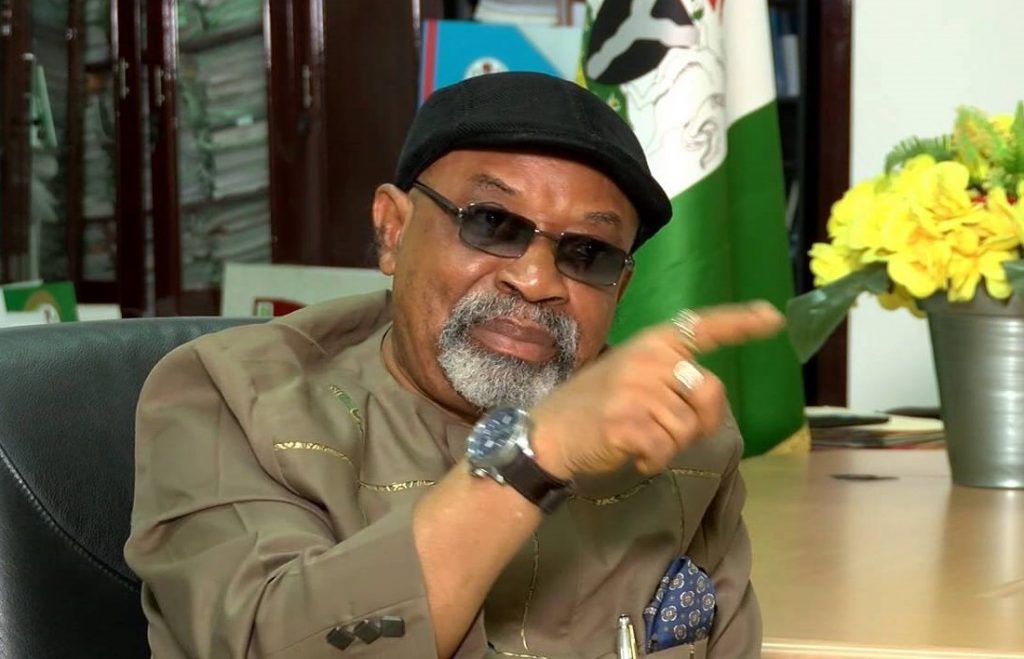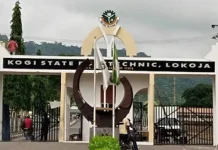The Minister of Labour and Employment, Chris Ngige has claimed that there is disparity in the wages of foreign and local workers in some parts of the country.
He made the assertion during a courtesy visit by the Chairman of the Federal Character Commission (FCC), Muheeba Dankaka, and other federal commissioners on Thursday, , Ngige noted that states in Nigeria recruit and pay foreigners more than their Nigerian counterparts.
He noted that the better treatment of foreigners over citizens does not promote national unity and loyalty.
He called on the FCC to enforce its constitutional mandate to promote national unity and loyalty, rather than limit its oversight to the public sector.
READ ALSO: World Logistics Passport Welcomes Nigeria As A Strategic Hub In West Africa
“There are areas we need you to look into, especially where the constitution is silent,” NAN quoted him as saying.
“We have cases where doctors are employed from Egypt, Cuba and Pakistan and they are paid five times what the Nigerian doctor will get if you convert the foreign exchange they use to pay them.
“But in this country, I was here when some of my teachers left from south-east to go and teach in the north-east at a time. They left because we had enough down there to export to our brothers.Advertisement
“They were paid with our local currency and given some other incentives, which at the end of the day, made the economy of those states to be alright.
“Whether you like it or not, if some people are poor in Nigeria in the poverty index rating, when the Nigerian poverty index is being taken, it will be an aggregate, including those places.
“If it is health, when the health parameters are being taken, it is for the whole. So, FCC can go into that area.”
The minister asked the FCC to persuade the affected state governments to advertise those jobs, so that Nigerians can come from various regions in the country to fill the gaps.
Ngige also advised the commission to be innovative by using its broad mandate established by section 14 (3) of the 1999 Nigerian constitution (as amended), as it would help build the country.
“Our constitution is the supreme law of the land. And any law made by anybody, whether national and state assembly that is in conflict with constitution is void,” he said.
“So, you people have a strong mandate from the supreme law of the land.”














